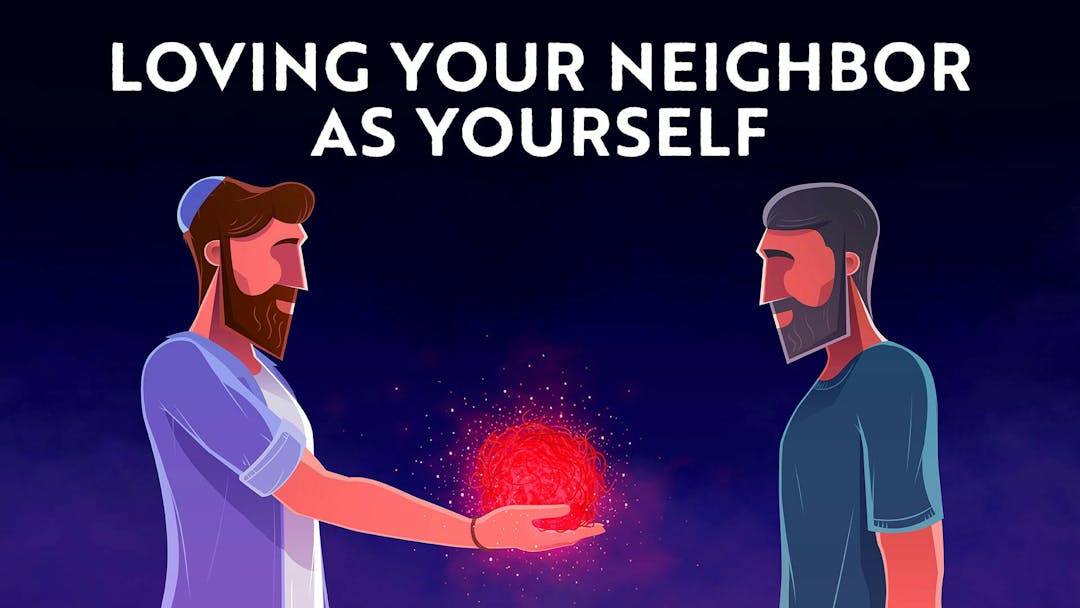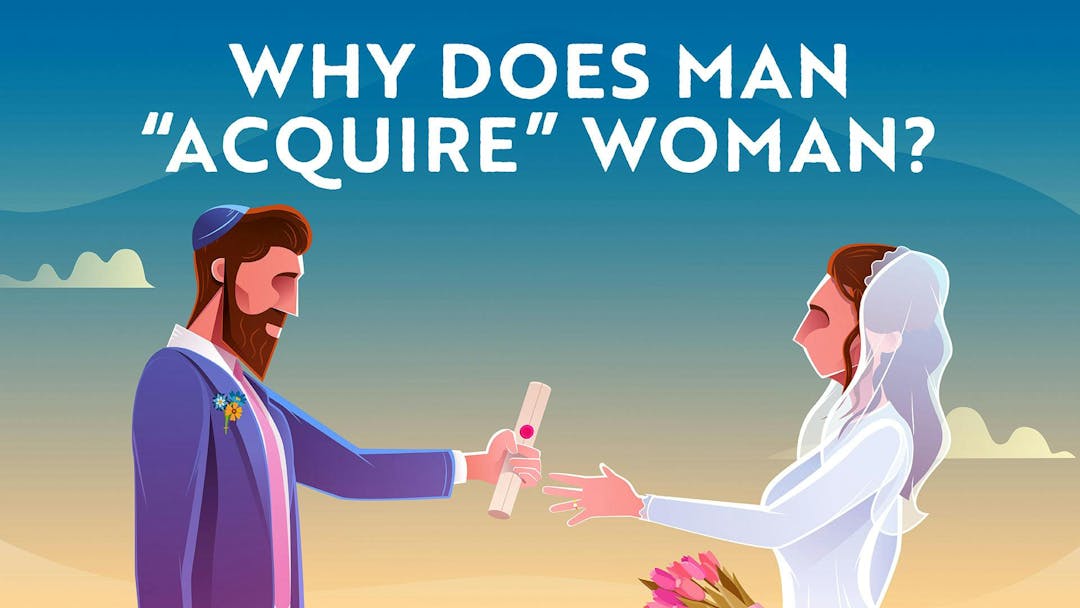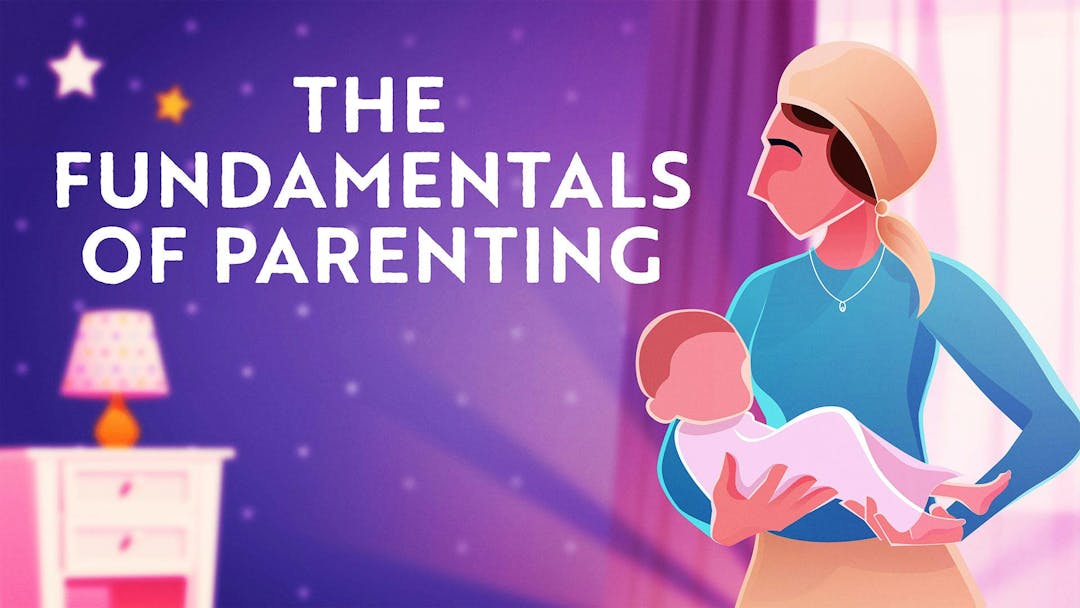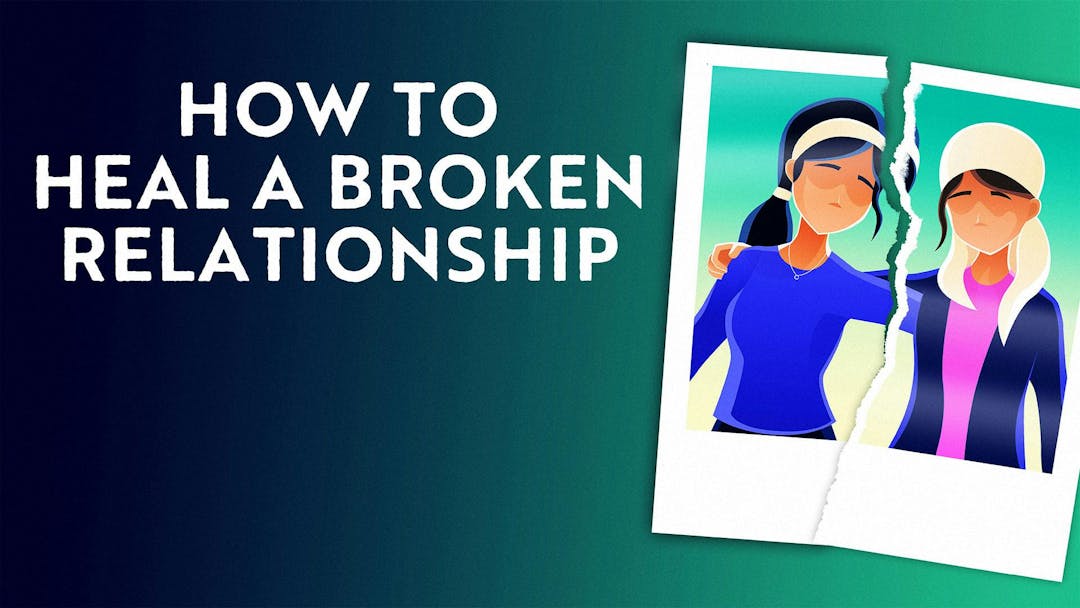Start your free trial today to unlock the full library and enjoy unlimited and uninterrupted access.
Get StartedParenting Wisdom & Discipline in Judaism
How Not to Raise A Spoiled Child
Jewish Parenting
If your child views his allowance as Mannah from heaven, then skip this video. But if you are like most parents, this discussion on raising kids is not to be missed!
God afflicted the nation of Israel throughout their 40 years in the desert, withholding food and water from them...on purpose? Isn't God our Father in heaven? What kind of Father treats His kids like that? Join Imu as he explores this question and its implications for us mere mortal parents.
Want to watch the full video for free?
Enter your email and we’ll send you a link to watch the full series free.
What is Aleph Beta?
Aleph Beta is a unique kind of Torah library. Led by our founder, Rabbi David Fohrman, we are dedicated to high-level, textual Torah learning for adults that is intellectually and spiritually sophisticated, that enlivens your Jewish practice and helps you forge a deeper connection to God. Whether you’ve been learning in yeshiva for years or you’re just beginning your Torah journey, you’re sure to find something meaningful and surprising waiting for you here.
Browse our library of over 1,000 beautifully produced animated videos, podcasts, deep dive courses, and printable guides. Topics include the weekly parsha, Jewish holidays & fast days, laws & mitzvot, prayers, relationships, big philosophical ideas and more. Have something to say at the Shabbos table that will amaze your family and guests and bring deep meaning into their lives.












